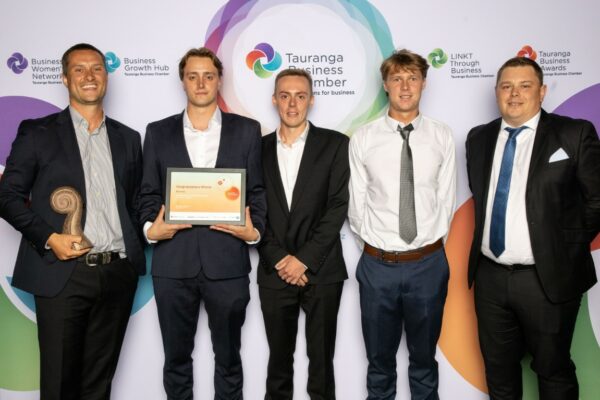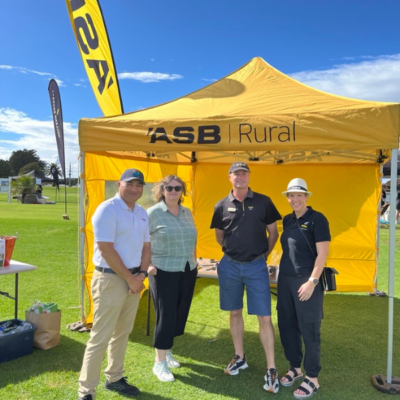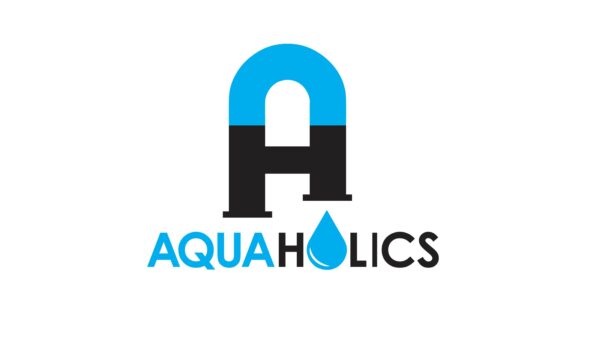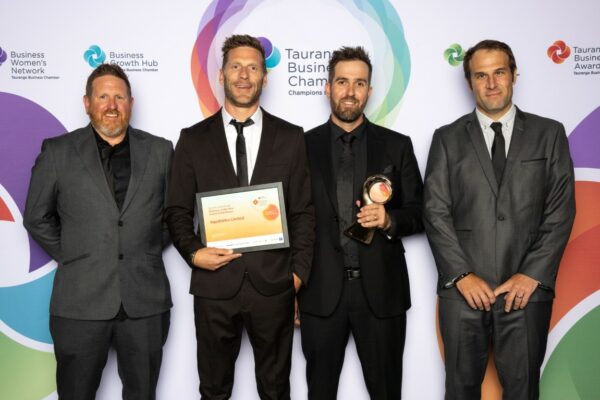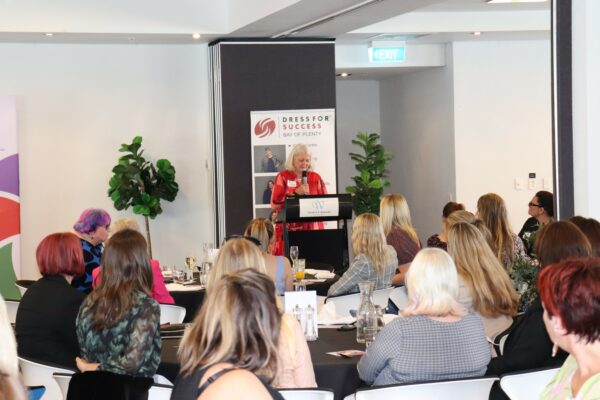Immigration law is a complex and ever-changing field, particularly in times of COVID-19.
Lauren Qiu from Stay Legal has provided a quick Q&A to summarise the key immigration law changes that have been implemented and the proposed key employer-focussed immigration law changes that will be implemented later this year.
What are some of the key immigration law changes that have been recently implemented?
The 27 July 2020 Essential Skills Work Visa changes have been a source of confusion for many businesses. On 27 July 2020, Immigration New Zealand shifted away from using ANZSCO codes to a New Zealand median wage-based classification system for Essential Skills Work Visas. Prior to 27 July 2020, Essential Skills Work Visas had a skill band classification system (higher-skilled, mid-skilled, and lower-skilled). This was determined by looking at both a migrant employee’s remuneration and their ANZSCO code.
Since 27 July 2020, Immigration New Zealand has simplified this process by implementing a New Zealand median wage-based classification system. The current New Zealand median wage (for immigration purposes) is $25.50 per hour. This is due to rise to $27.00 per hour by July 2021. Under the new system, migrant employees are either classified as being paid below the New Zealand median wage (low-paid) or being paid at or above the New Zealand median wage (high-paid). A business’ migrant employee’s remuneration will determine the migrant employee’s maximum visa duration and the labour market test required.
High-paid migrant employees will be issued with an Essential Skills Work Visa with a duration of up to 3 years. Low-paid Essential Skills Work Visa applications that are received by Immigration New Zealand on or after 10 July 2020 until 10 January 2022 inclusive, will be issued with an Essential Skills Work Visa with a duration of up to 6 months.
From 11 January 2022, low-paid migrant employees will be issued with an Essential Skills Work Visa with a duration of up to 12 months. The low-paid visa durations are also subject to the stand-down period requirements.
For most Essential Skills Work Visas (where the migrant employee does not meet the requirements for any skill shortage list), businesses must carry out a labour market test to demonstrate that they have made genuine attempts to advertise the job vacancy to recruit suitable New Zealand citizens, permanent residents, or residents. A business supporting a high-paid migrant employee will not need to engage with the Ministry of Social Development, but the business will still need to advertise the role (such as on Trade Me Jobs). A business supporting a low-paid migrant employee must engage with the Ministry of Social Development (this includes checking the oversupply and undersupply lists.
It is important to note that while Immigration New Zealand has shifted away from using ANZSCO codes, they are still being used by Immigration New Zealand to determine whether the migrant employee is suitably qualified (through their qualifications and/or relevant experience).
Here are 2 examples:
- Pre-17 July 2020, a Chef (using the skill level 2 ANZSCO code 351311) paid at $21.68 per hour could qualify for a 3-year Essential Skills Work Visa. Post-27 July 2020, the same Chef paid at $21.68 per hour (low-paid), would now only qualify for a 6-month Essential Skills Work Visa and the business would need to engage with the Ministry of Social Development.
- Pre-17 July 2020, a Retail Supervisor (using the skill level 4 ANZSCO code 621511) paid at $25.50 per hour could only qualify for a 12-month Essential Skills Work Visa. Post-27 July 2020, the same Retail Supervisor paid at $25.50 per hour (high-paid), would now qualify for an Essential Skills Work Visa with a duration of up to 3 years and the business would not need to engage with the Ministry of Social Development (the role still needs to be advertised, such as on Trade Me Jobs).
What are the common pitfalls that businesses should be aware of with the changes mentioned above?
The two key common pitfalls that businesses often face relate to the conversion of their migrant employee’s salary to an hourly wage and the changes to the Variation of Conditions requirements.
Businesses should be mindful when converting their migrant employee’s annual salary to an hourly wage. Immigration New Zealand can ask to see the actual hours worked by the migrant employee.
If a migrant employee works a range of hours each week, Immigration New Zealand will divide the annual salary by the maximum number of hours worked to calculate the migrant employee’s hourly wage.
For example, if you have a salaried migrant employee that meets $25.50 per hour but only if they are working 40 hours, but Immigration New Zealand finds out that this migrant employee has been working between 40 to 43 hours each week, Immigration New Zealand will divide the salary by 43 hours which will result in the migrant employee being below the $25.50 per hour median wage threshold.
The other pitfall that businesses are facing relates to the 27 July 2020 changes on Variation of Conditions applications. A migrant employee who holds an Essential Skills Work Visa can apply for a Variation of Conditions if they are wanting to change the business they are employed by (not their job title and/or job location, unless the job is on a skill shortage list and the migrant employee meets the skill shortage list requirements).
A migrant employee who is on a mid-skilled or a higher-skilled Essential Skills Work Visa and is looking to change the business they are employed by, will not be granted a Variation of Conditions if the new job offer is low-paid (paid under the median wage per hour). The migrant employee must apply for a new work visa.
Similarly, a migrant employee who is on a high-paid (paid at or above the median wage) Essential Skills Work Visa and is looking to change the business they are employed by, will also not be granted a Variation of Conditions if the new job offer is low-paid (paid under the median wage per hour). The migrant employee must apply for a new work visa. Businesses should also remember that their new employee must not start working until their Variation of Conditions application has been approved.

What are the proposed key employer-focussed immigration law changes that will be implemented later this year?
Many businesses are not aware of Immigration New Zealand’s proposal to overhaul the work visa system and what it means. This overhaul will be implemented in stages and is proposing to introduce a new mandatory employer accreditation system around mid-2021. This means that all businesses who are supporting or planning to support migrant employees will need to have employer accreditation. In addition to this, Immigration New Zealand will launch a new work visa that will replace 6 existing work visas.
To obtain a work visa under the new system, businesses and migrant employees will need to pass the following 3 checks:
- The employer check. The business will pass this check by obtaining employer accreditation.
- The job check. Immigration New Zealand will check the job’s pay rate, if the terms and conditions comply with employment laws, and if the business has completed a labour market test (if required) to show that there are no New Zealand citizens or residents available to do the job in the relevant region.
- The migrant employee check. This is where the migrant employee applies for their work visa. The migrant employee will need to prove their identity, meet the health and character requirements, and demonstrate that they have the skills to do the job before being granted their work visa.
Most businesses will need either standard or high-volume accreditation (there is also labour hire employer accreditation for labour hire companies):
- Standard Accreditation is proposed to apply to businesses who hire five or less migrant employees in a 12-month period.
- High-Volume Accreditation is proposed to apply to businesses who hire over five migrants in a 12-month period. This is likely to be a document heavy application.
Upon approval, employer accreditation will be granted for 12-months initially, and for 24 months upon renewal. It is important to be well informed and start preparing your business for accreditation if you intend to support migrant employees.
Stay Legal is working closely with businesses to review internal documentation in preparation for accreditation and educating business owners and management so that employer accreditation is considered when companies are making strategic decisions. It would be wise for business to contact us now to start the conversation.
In addition to the above, Immigration New Zealand will launch a new work visa that will replace 6 existing work visa types. The 6 work visa types that will be replaced are:
- Essential Skills Work Visa;
- Essential Skills Work Visa – Approved in Principle;
- Work to Residence Talent (Accredited Employer) Work Visa;
- Work to Residence Long Term Skill Shortage List Work Visa;
- Silver Fern Job Search Visa (closed 7 October 2019); and
- Silver Fern Practical Experience Visa.
It means that businesses may want to talk to their migrant employees to see if they are on the best possible work visa right now. For example, the Work to Residence Talent (Accredited Employer) Work Visa and the Work to Residence Long Term Skill Shortage List Work Visa offer specific pathways to residence.
What services can you offer businesses to help with immigration law?
Immigration is an ever-changing area of law, so having relevant recent knowledge is essential. We offer businesses assistance with employer accreditation, on call advice, workshop training sessions for management and migrant employees, immigration compliance audits, and migrant employee management. Think of us like your immigration project managers. We can also assist migrant employees with advice, visa assistance, and solving complex visa issues.
Stay Legal is a specialist immigration law firm that assists businesses and migrant employees with practical immigration solutions.
The Tauranga-based firm was founded by Lauren Qiu (Principal of Stay Legal), who is an experienced specialist immigration lawyer. Lauren has presented at national and regional seminars on immigration law, and is currently an immigration law guest lecturer teaching aspiring immigration advisers.
This article was written to provide general guidance only. It is correct at as the date of this article (January 25, 2021) and is subject to further updates.
